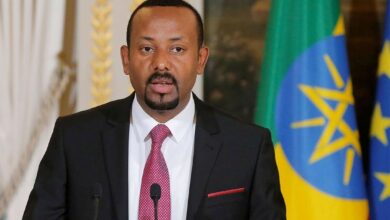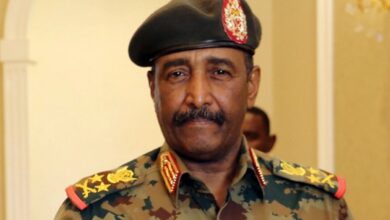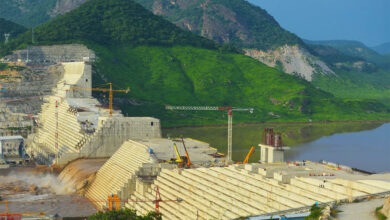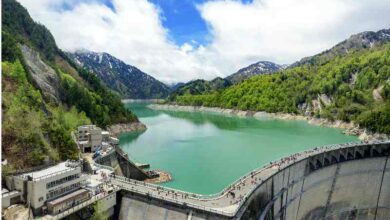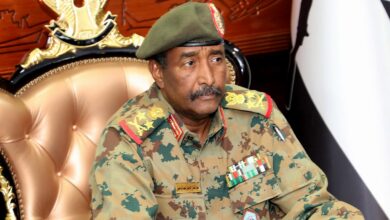Sudan
Sudanese Security Forces Kill At Least Seven Protesters During Monday’s Rallies
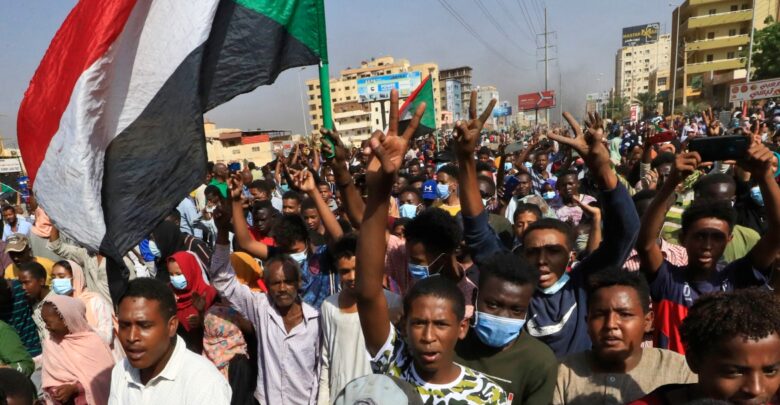
Sudanese security forces killed at least seven protesters on Monday during rallies against last year’s military coup, medics said, reported TRT World.
According to the Central Committee of Sudanese Doctors, a group of medics aligned with the protest movement, the security forces fired volleys of tear gas, live ammunition, and stun grenades as they blocked thousands of protesters from advancing on Khartoum’s presidential palace.
Monday’s fatalities bring the total death toll of protesters to 71. Many others were reportedly being treated for injuries at Khartoum hospitals.
The protests have continued since the October 25 coup led by General Abdel Fattah Al-Burhan. The military takeover sparked wide international condemnation and delayed a fragile transition to civilian rule following the April 2019 ouster of longtime Sudanese autocratic President Omar al-Bashir.
Sudan is reeling through a political crisis since General Al-Burhan declared a state of emergency on October 25 and dissolved the Sovereign Council and government. The coup overthrew the civilian-led government of Prime Minister Abdallah Hamdok.
On November 21, Al-Burhan and Hamdok signed a political deal, which reinstated Hamdok as the country’s prime minister, but the deal has failed to calm the protesters.
The pro-democracy movement slammed the ruling junta’s deal and continues to demand the handover of the power to a fully civilian government. Hamdok resigned from his post earlier this month, citing disagreements with the military rulers and the slow pace of reforms.
The Sudanese protest movement has announced two days of civil disobedience in protest against Monday’s violence.
The United Nations special representative Volker Perthes condemned the use of live ammunition to put down the protests. The United States embassy in Khartoum also criticized the violent tactics of Sudanese security forces.
Last week, the UN began consultations to try to break a deadlock between military leaders and pro-democracy civilian groups and avert the risk of further instability.


